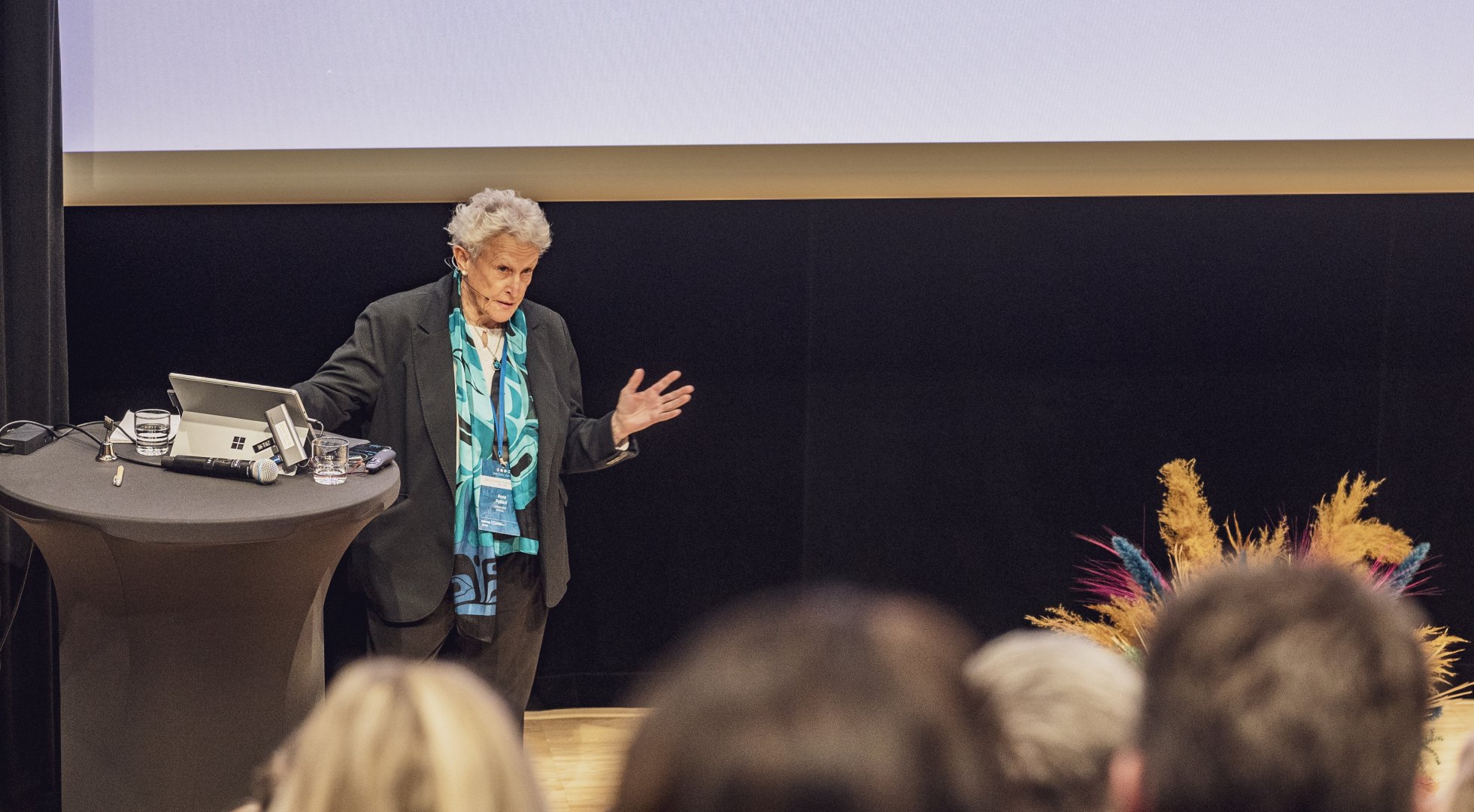


As a part of our agenda Care for the Arctic we are offering some of our local entreprenours to take part in an introductory course about regenerative tourism.
Back-to-Life is an introductory course to the concepts, implications and application of a regenerative approach based on the premise that sustainable practices are not proving enough cope with the intensifying “polycrises” affecting humanity in 2024. While originally designed for hospitality-related entrepreneurs, it is best undertaken by a mix of citizens who share a concern for the future health of the ecology, people, commerce and culture of the place where they live.
Given the intensity and entangled nature of the crises associated with climate change, biosphere degradation, economic instability, and cultural fragility that now constitute systemic failure, radically different patterns of thinking that re-establish a right relationship with the life support systems that sustain life on earth is needed.
There is growing evidence from around the world that positive change will happen when enough individuals – be they host suppliers, social entrepreneurs, policy-makers, planners, NGOs, marketers, managers and concerned residents – step up as change agents, sense-makers and guides willing to help each other learn and activate a different future.
The course is designed to develop the perspective and skills throughout the tourism-hospitality sector needed to support effective implementation of Swedish Lapland’s Tourism Strategy with a focus on the Care for the Arctic agenda.
What does regeneration mean and how does it relate to our businesses and our communities? What shifts in perspective are needed if we are to see what is truly possible – and if we are to avoid recreating past problems? How can we apply nature’s proven design principles to frame tourism in a way that allows business owners and citizens to unleash their unique potential, contribute to the health of the whole, and generate abundance? In this module, we’ll explore the relevance and applications of a living systems framework and nature’s design principles to developing prosperous businesses and flourishing destinations.
What are the implications of a shift from growing to thriving? What does flourishing look like within the visitor economy? How do we become generators of well-being, i.e., generators not extractors of wealth? The second module will explore tourism’s potential to grow to local, regional & national “wellth” – delivering a net positive contribution to human, ecological, social, cultural and financial wellbeing.
What are the conditions that create healthy, vigorous, resilient, productive communities? Within tourism, how do our roles and relationships need to change in order to create those conditions? How can we attract maximum engagement and stimulate imagination, creativity, pride and caring? Where are there opportunities for beneficial linkages with other sectors that are also focused on regeneration? The third module focuses on how to grow the capacity and connectedness of local hosting communities.
What is the story of our place – the unique essence that has emerged over time as an expression of its geology, geography, ecology, history, culture and economy? What is it about this place that makes us us? How can we apply that story to the way we welcome and serve our guests in a way that enchants, enlivens and enriches both guest and host? This module delves more deeply into the ways the unique nature of each place and its people can be expressed and celebrated, maximizing net benefit to all stakeholders.
How do we broaden our understanding and deepen our practice of care for the Swedish Arctic and its people? How can hosts best internalise the Care for the Arctic pledge to position Swedish Lapland as a place that cares? How do regenerative principles apply to the development and delivery of meaningful encounters that deliver greater net benefit to host and guest? This week, we’ll focus on ensuring that the encounter enlivens and enriches both guest and host, calling for new roles and skills for DMOs, host communities and enterprises.
This course took place during spring 2024.